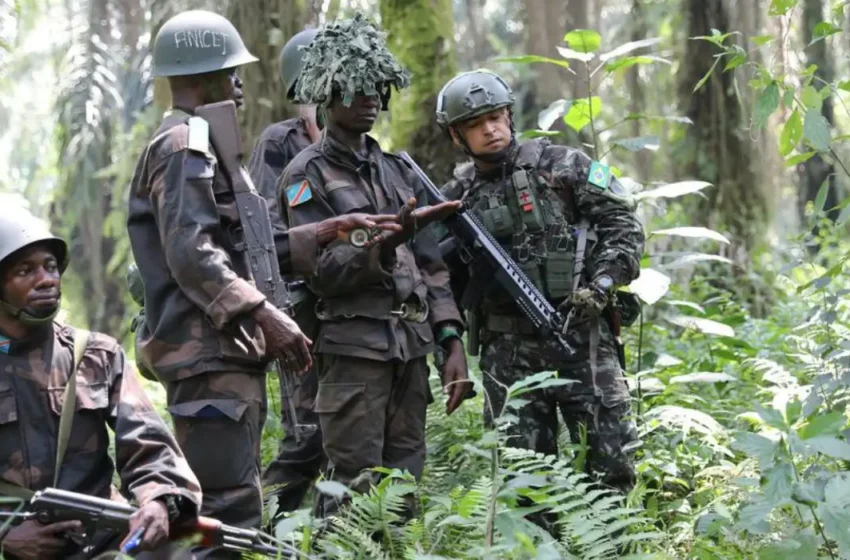
UN chief urges nations to save peacekeeping from dramatic financial constraints
As UN head António Guterres called on Member States to do more to assist the world body’s “blue helmets” and prevent the worst effects of severe financial cutbacks, the future of peacekeeping took centre stage in Berlin on Tuesday.
The Secretary-General addressed dozens of ministers from over 130 nations during the UN Peacekeeping Ministerial 2025 in the German capital that peacekeepers are still essential in helping nations “move from conflict to peace.”
Can peacekeeping remain effective amid global funding gaps?
He emphasised that “blue helmets can mean the difference between life and death in trouble spots around the world.” The ability of multilateral action to uphold, establish, and preserve peace is likewise amply demonstrated by them.
Even though peacekeeping operations have been shown to be effective in maintaining long-lasting peace in several nations, including Liberia, Timor Leste, and Cambodia, Mr. Guterres cautioned that the difficulties of the modern world have made this duty considerably more difficult.
Before mentioning other challenges brought on by a lack of political backing for peacekeeping missions, he stated, “We are currently facing the highest number of conflicts since the founding of the United Nations and record numbers of people fleeing across borders in search of safety and refuge.”
The Secretary-General announced an immediate assessment of operations to create a new peacekeeping model that is “fit for the future,” given the “dramatic financial constraints” that are already affecting the UN as a whole.
How critical is political support for UN missions?
According to Mr Guterres, it would be crucial in the upcoming years to have “a clear departure strategy” for peacekeepers and to collaborate with the Security Council and Member States “to ensure that any additional missions “are prioritized and doable with the resources available.” The operations mentioned by the UN chief in his speech in Germany may provide more hints about what UN peacekeeping 2.0 would look like after reform.
According to Mr. Guterres, ongoing operations like UNIFIL in Lebanon have already demonstrated that it is feasible to adjust to the difficulties of the modern world while maintaining peace and providing relief.
The Secretary-General acknowledged the work of MINUSCA in the Central African Republic, highlighting its efforts to protect civilians and help the government reach out to areas outside of the capital where people are in dire need. The UN chief insisted that MONUSCO forces are still in the field and safeguarding vulnerable communities in the Democratic Republic of the Congo despite the continued conflict there.
Mr. Guterres emphasised that the total budget for missions was for just 0.5% of worldwide military spending as Member States were ready to make budgetary commitments for peacekeeping on Wednesday.
Mr. Guterres emphasised that peacekeeping “is only as strong as Member States’ commitment to it.” It is unclear if the positive atmosphere in Berlin will result in much-needed financial assistance for the international organisation’s peacekeeping efforts, given the significant cuts to UN financing made by Member States.
The UN chief’s attempt to simplify the international organisation follows his demand to go forward with significant cost-cutting and efficiency improvements in response to the ongoing liquidity crisis brought on by Member States lagging.
Only $1.8 billion, or around 50% of the $3.5 billion regular budget assessments for 2025, have been received, according to data given by the UN Controller to the Fifth Committee (Administrative and Budgetary) of the General Assembly.
As of April 30, the United States owed around $1.5 billion, China $597 million, Russia $72 million, Saudi Arabia $42 million, Mexico $38 million, and Venezuela $38 million, totalling $2.4 billion in the budget line for outstanding assessments. Other Member States have failed to pay an extra $137 million. As of April 30, the total amount of unpaid donations to International Tribunals was $79 million.


